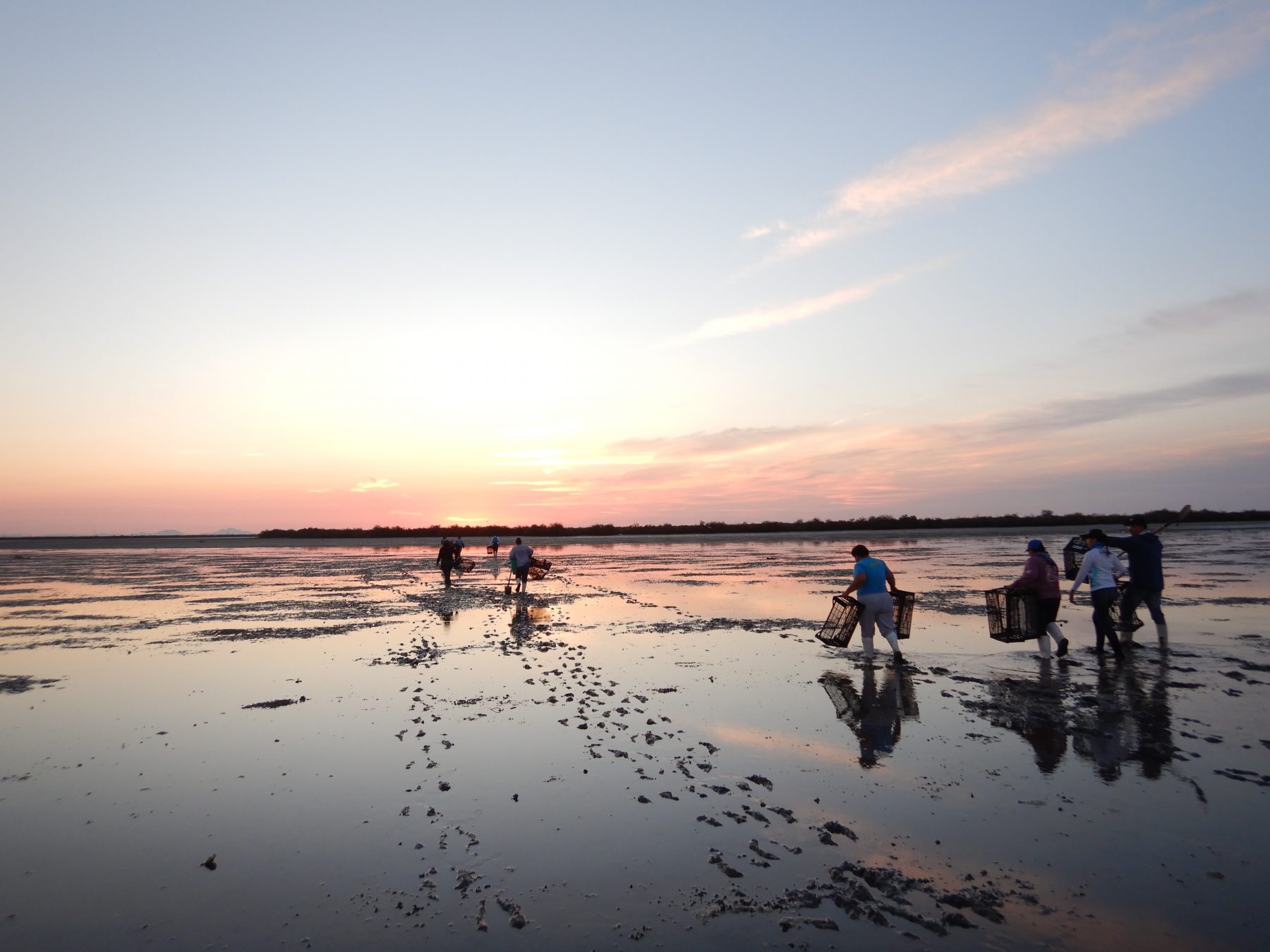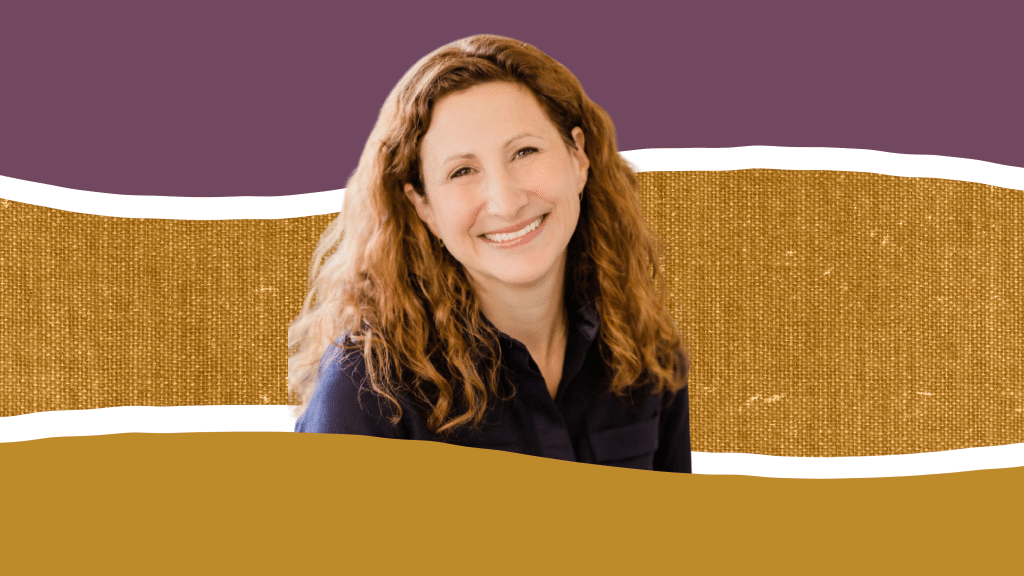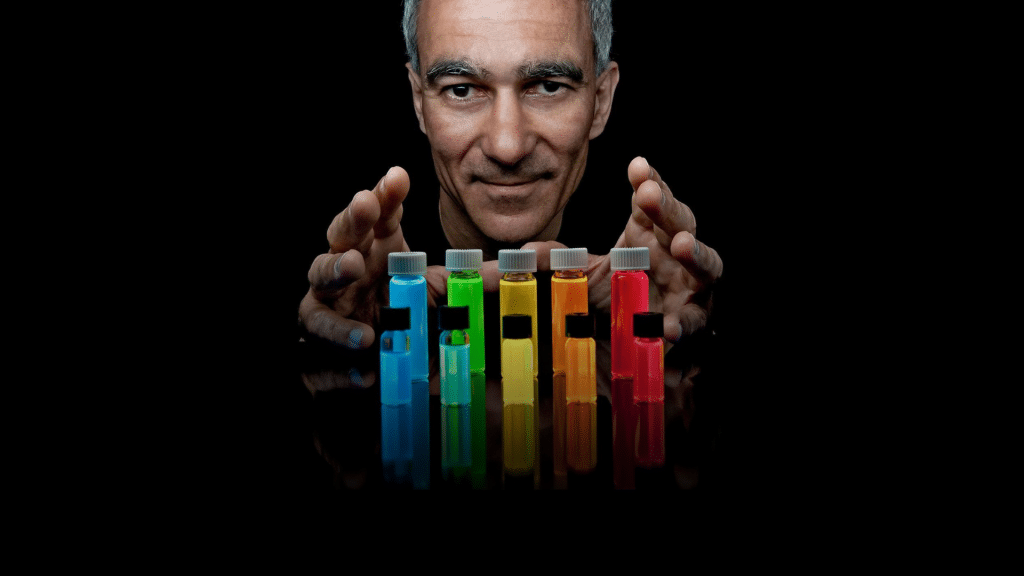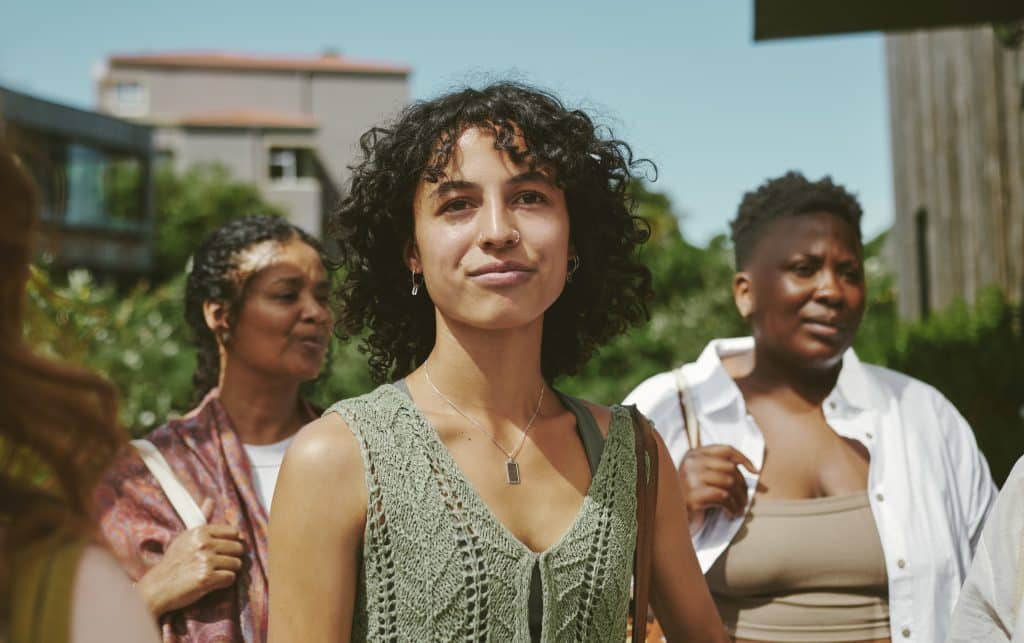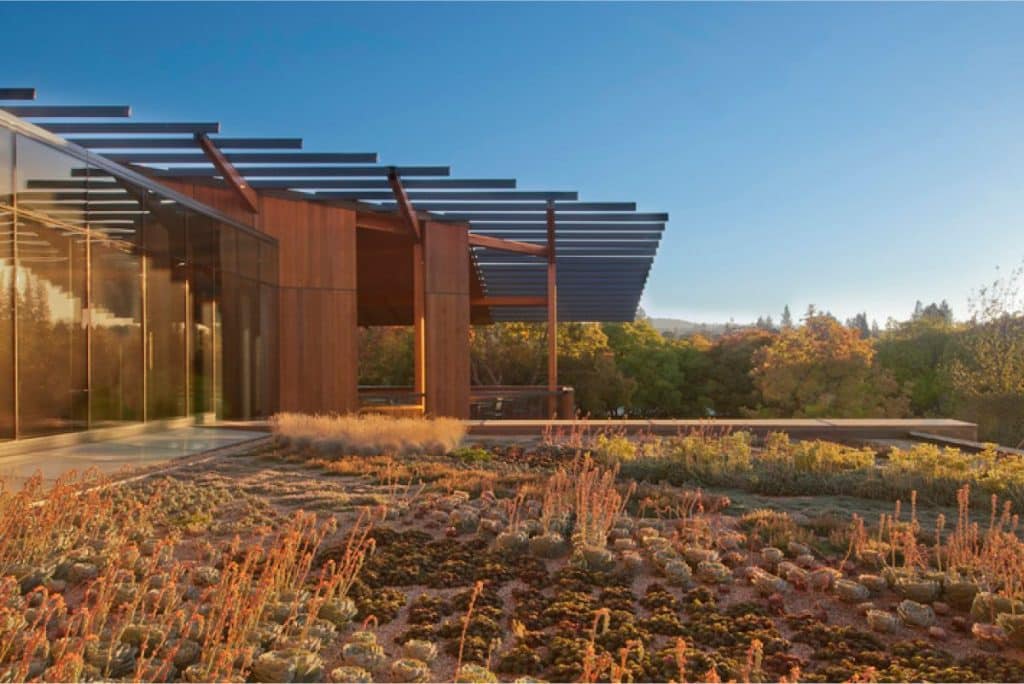Over the past year, the world has faced incredible health and economic challenges, fueled by long-seeded inequities that left those who already had the least suffering the most. On World Ocean Day 2020, the Packard Foundation reflected on what was happening and our own role in addressing inequities. We challenged ourselves—and invited our colleagues and partners—to make a collective commitment to foster equity and inclusion and address injustices in authentic and meaningful ways. To center this work, we asked, “How can we build a better future for people and the ocean?”
As we mark World Ocean Day 2021, we are experiencing a sense of cautious optimism. All over the world, the ocean community is taking action, and creating plenty of cause to celebrate. We are excited to share just a few of the bright spots that are giving the Packard Foundation’s ocean team hope that a better, more equitable and sustainable future for people and the ocean is within reach.
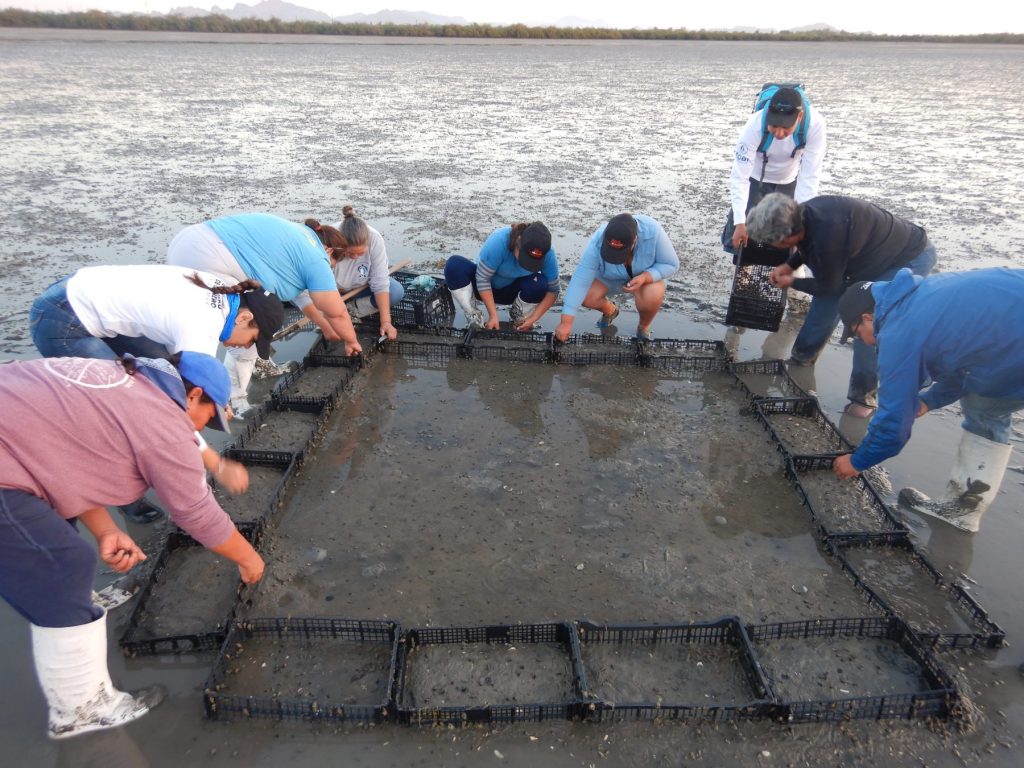
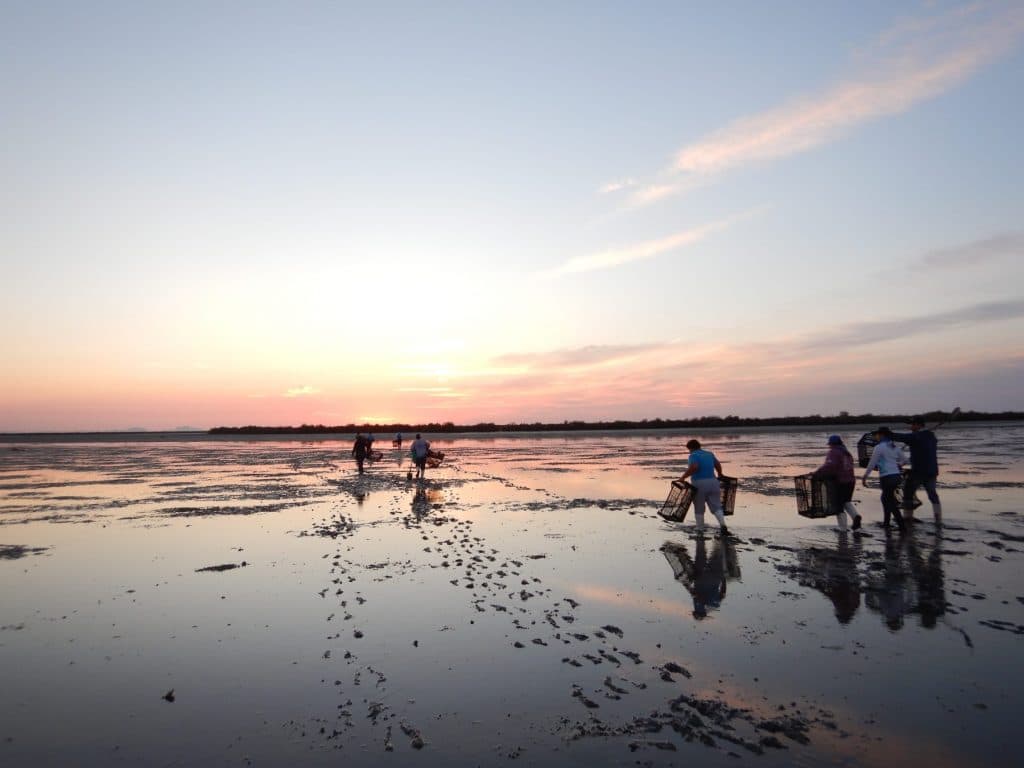
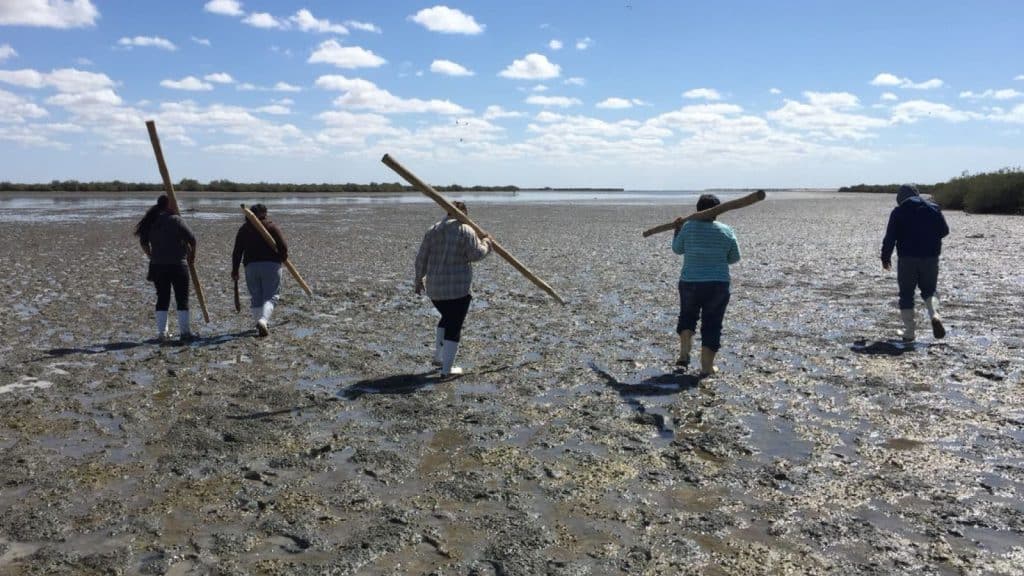
“Comunidad y Biodiversidad (Community and Biodiversity) is a grantee who is highlighting the role of women in fisheries and elevating the value of their work. It is exciting to see momentum for that work building in Mexico and beyond.” – Juli Chamberlin, program associate, Mexico Marine Strategy
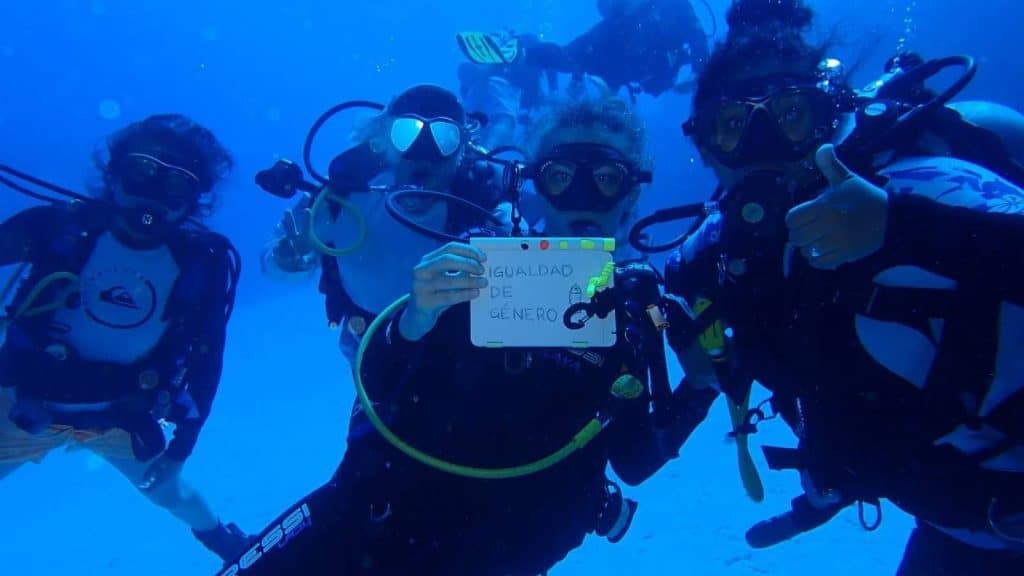
“The close collaboration happening between grantees like Niparajá, COBI, and Alianza Kanan Kay and local fishing communities to create fisheries refugia gives me hope. This work will help Mexico manage our fisheries in a way that ensures both the ocean and small-scale fishers enjoy a bounty of fish far into the future.” – Gaby Anaya, senior advisor, Mexico Marine Strategy
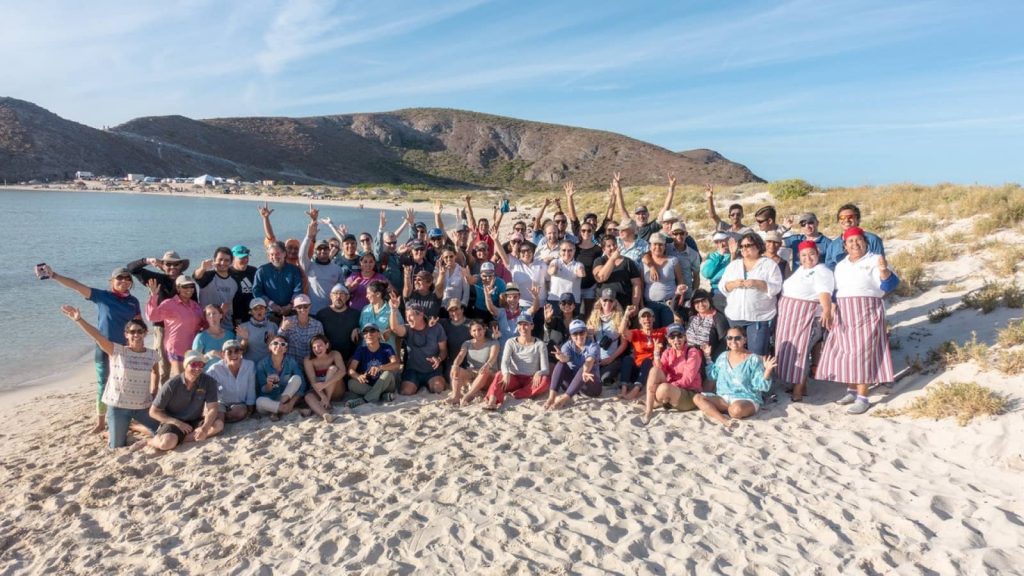
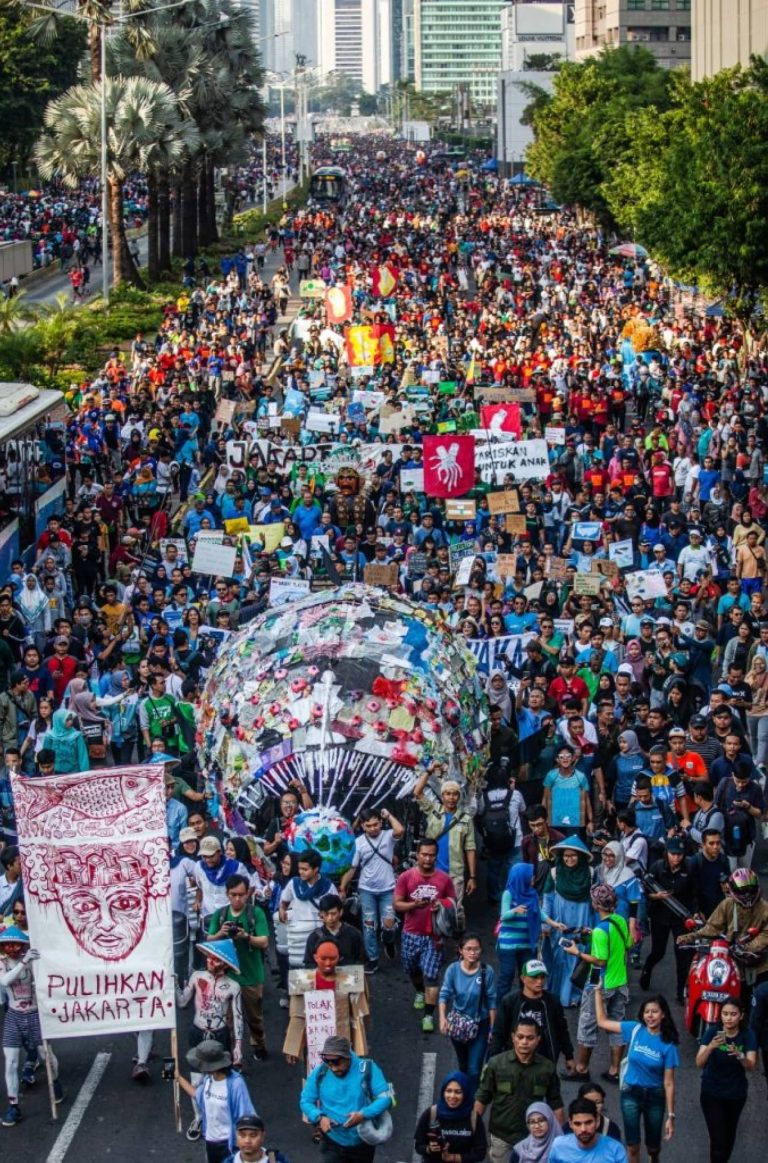
“Our partners at the University of British Columbia are working with researchers at the Indonesian Ministry of Marine Affairs and Fisheries to model the projected impact of climate change on fisheries and the coastal communities that depend on them. The team has analyzed economic impacts of adaptive management options and is now closely advising on the Indonesian Government’s national climate change adaptation action plan. This research collaboration further strengthens in-country researchers’ capacity to design and apply modeling and analysis as their own decision support tools.” – John Claussen, program officer, Indonesia Marine Strategy
“It is exciting to see grantees integrate the impact of climate change on the ocean with human health and economic well-being, especially around sustainable seafood. Organizations from fields that have not traditionally worked together are coordinating and that is really encouraging.” – Meghan Chartres, program officer

“The Guardian’s Seascape environmental reporting series gives me hope. These pieces bring illegal fishing issues to light, while also making important connections between ocean conservation and climate change. Collectively, they demonstrate that exemplary reporting on challenging issues can find a large and dedicated audience, ultimately shifting narratives and driving real-world change.” – Nicole Kravec, communications officer
“Just last month, several environmental organizations, including Packard Foundation grantee Island Conservation, came together with local communities, philanthropies, and policymakers to launch a $43 million initiative to rewild the entire Galápagos Islands, as well as all of Latin America’s Pacific archipelagos. The effort features measures to protect marine resources and improve the natural capital of ecotourism, a critical component of the Galapagos and Ecuadorian economy. It’s really encouraging to see how Island Conservation and its partners have firmly backed the importance of getting the whole island community involved in the project from the very beginning.” – Aurora Aparicio Collazo, Berkeley Haas Center for Social Sector Leadership Packard Fellow
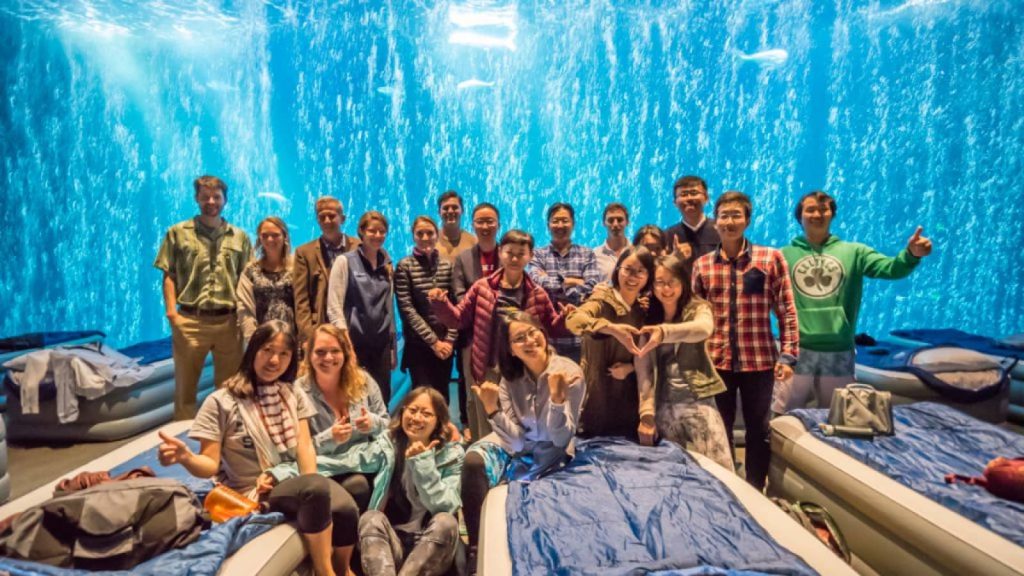
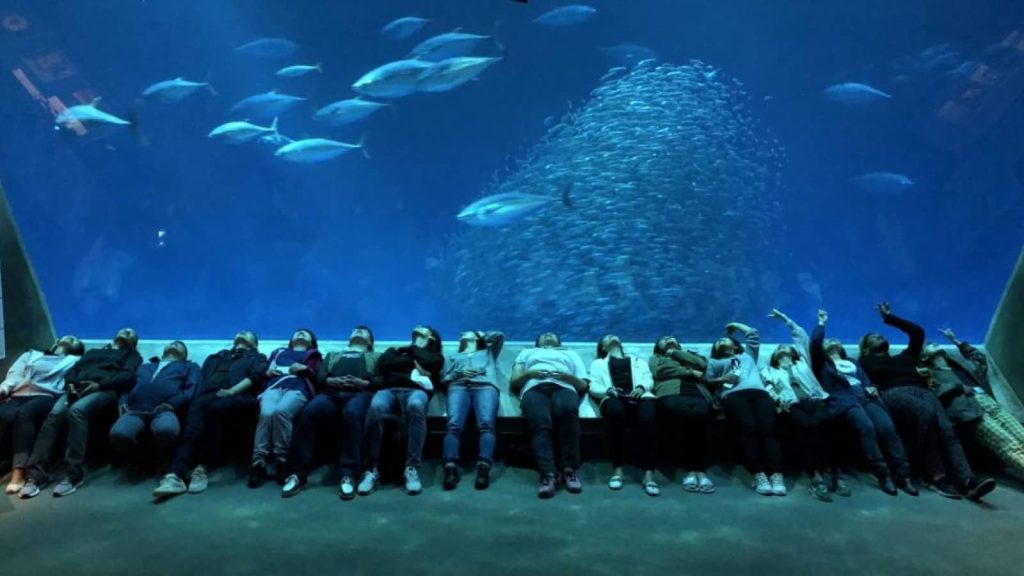
Young people in the Blue Pioneers Accelerator Program out of UC Santa Cruz are creating amazing, innovative solutions to really complicated challenges—like how to eliminate use of fish meal in aquaculture feed, how to reduce plastic pollution, and how to better use local and traditional knowledge in managing local fisheries” – Walt Reid, director, Conservation and Science Program
“The Blue Pioneers program initially brought new talent to the ocean conservation field in China, but now those leaders are moving on to other positions in other places as new talent comes up behind them creating a flow of talent and ideas that reaches far beyond China. As this talent pipeline continues to spread, it is introducing innovative ocean solutions that incorporate data with stories and culture.” – Shiyu Rachel Wang, advisor, China Marine Strategy
“I’m excited about actions our grantees are taking in the U.S. to come together and move 30 x 30 forward and that the rights and culture of Indigenous and tribal communities are central to these efforts. We are in such a different place than we were a year ago and it feels awesome.” – Heather Ludemann, program officer, U.S. Marine Strategy
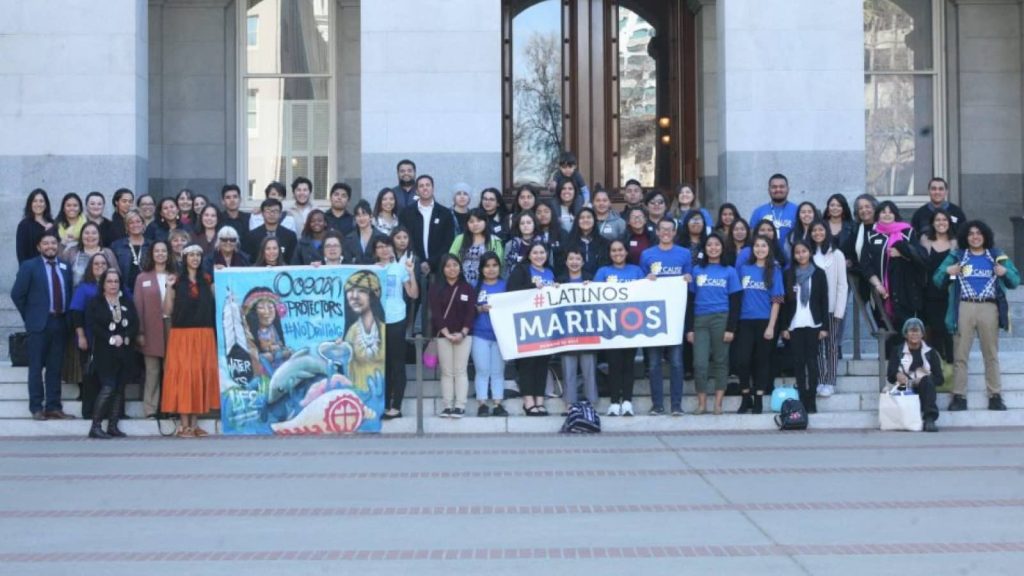
“From Azul’s work to ensure decision-making is inclusive of a diverse range of voices to Violet Sage Walker’s leadership toward securing the Chumash National Marine Sanctuary right here off the coast of California in order to regain her community’s fundamental rights, our grantees are making tremendous progress.” – Kristine Ashfield, program associate, U.S. Marine Strategy
“Late last year, a five-year effort led by the Anti-IUU Forum in Japan culminated with a new law designed to eliminate IUU fishing risks from the Japanese seafood market and certify that fish are caught legally. Then, in February, more than 150 companies joined together to call for governments worldwide to strengthen robust controls in the ports to eliminate the trade of illegal fish. This global momentum makes me hopeful that major markets will close their ports to IUU seafood, which will in turn encourage sourcing countries to implement sustainable seafood practices moving forward.” – Eri Oki, advisor, Japan Marine Strategy
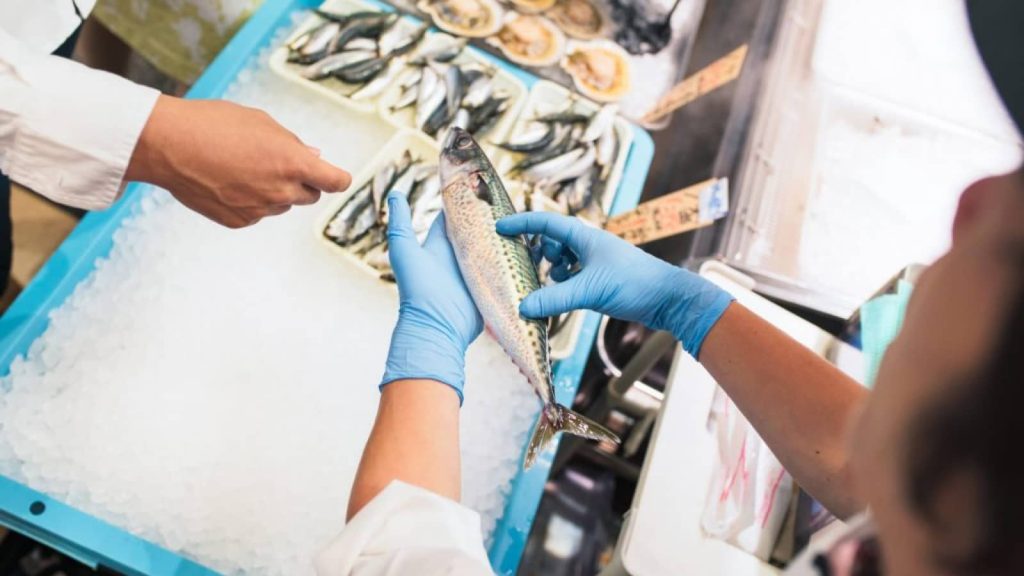
“An exciting example of how we are building out our human rights and labor portfolio is through Oxfam’s Behind the Barcodes campaign and engagement with seafood workers and local CSO coalitions in Southeast Asia. Their work is addressing a critical need to increase worker representation across the private sector, NGOs, and governments and to rebalance the value in the seafood supply chain away from growing corporate concentration and toward more empowered seafood producers and workers.” – George Dallas, program associate, Global Seafood Markets Strategy

“Indonesia Ocean Justice Initiative is doing really exciting research and data analysis to increase transparency around maritime and security needs and pushing for policy change in fisheries governance to create stronger enforcement around IUU fishing, human rights tracking, and labor issues.” – Brittnee King, program associate, Indonesia Marine Strategy

“It’s been inspiring to support the design and creation of a National Conservation Trust Fund for Chile, a multisector effort promoted by several of our grantee partners (WCS, Oceana, WWF and TNC) in conjunction with environmental, forestry and fishing authorities. The first program of the fund will support the effective implementation of 10 clusters of MPAs distributed along Chilean ecoregions and covering 36% of Chile’s coastal-marine ecosystems. This effort is also aligned with Chile’s NDC commitments and with our ongoing support to design a monitoring and evaluation methodology for Chilean MPAs.” – Eglé Flores, advisor, Chile Marine Strategy
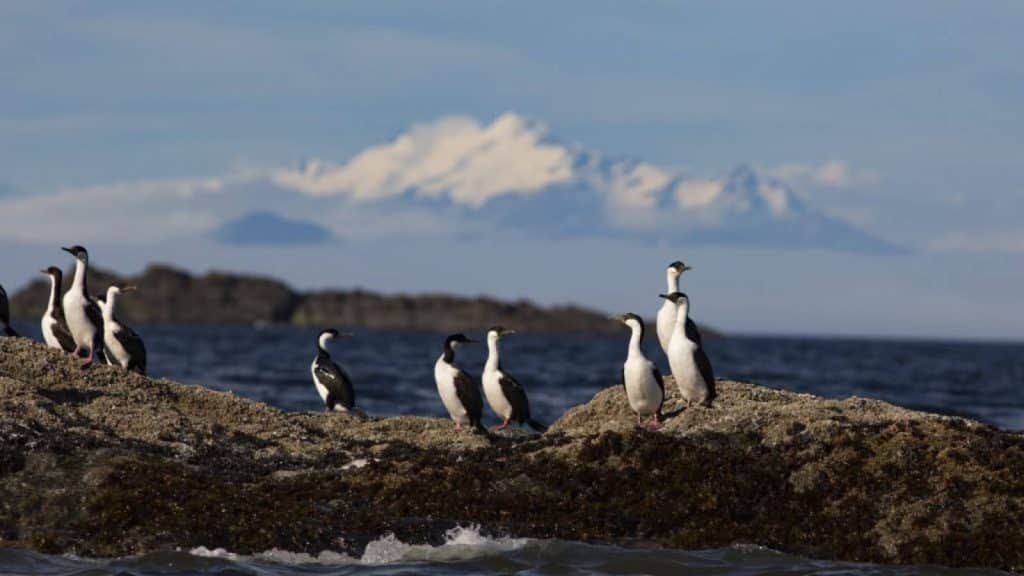
“Collective action among civil society organizations, youth, indigenous, industry and government leaders, and their partners is what inspires me every day. We share a palpable sense of urgency to foster greater positive impact for people and the ocean we all depend on. Seafood Business for Ocean Stewardship (SeaBOS), NGO Tuna Forum, RISEUP, OneOcean, High Level Panel for a Sustainable Ocean Economy, ICCA Consortium, Sustainable Ocean Alliance, and the Conservation Alliance for Sustainable Seafood are some of the exemplary collective action coalitions working against time to catalyze and strengthen ocean health and safeguard our common future.” – Meg Caldwell, deputy director, conservation and science
This year on World Ocean Day, we are hopeful as we ask, “How can we best support this incredible momentum toward establishing ocean equity as the foundation of a better future for people and the ocean?”
